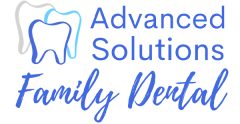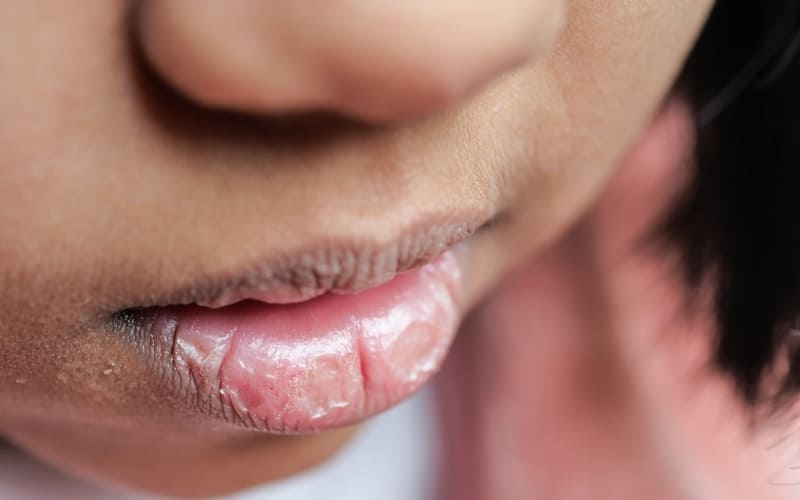Saliva plays a crucial role in maintaining oral health by serving as a natural defense system against tooth decay and infections. Its functions include buffering acids, washing away food particles, and neutralizing harmful bacteria. Saliva also contains minerals like calcium and phosphate that aid in remineralizing tooth enamel, essential for preventing cavities. Conversely, dry mouth can cause tooth infection due to reduced saliva production can lead to a higher risk of dental caries and gum disease. Therefore, maintaining adequate saliva flow through hydration and proper oral hygiene practices is vital for overall dental wellness and disease prevention.
Understanding Dry Mouth
Dry mouth, medically known as xerostomia, is a condition characterized by a reduced or absent flow of saliva in the mouth. Saliva plays a crucial role in oral health by moistening and cleansing the mouth, aiding digestion, and preventing infection by controlling bacteria and fungi. Symptoms of dry mouth include persistent dryness or stickiness in the mouth, frequent thirst, sore throat, cracked lips, difficulty swallowing or speaking, altered sense of taste, and bad breath (halitosis). Chronic dry mouth can significantly impact oral health and can cause tooth infections leading to an increased risk of tooth decay, gum disease, and oral infections if left untreated.
List Common Causes of Dry Mouth
1. Medications: Many prescription and over-the-counter medications can reduce saliva production as a side effect. These include antidepressants, antihistamines, diuretics, and medications for high blood pressure.
2. Medical conditions: Certain medical conditions can contribute to dry mouth, such as diabetes mellitus, Sjögren’s syndrome (an autoimmune disorder affecting the salivary glands), and HIV/AIDS.
3. Lifestyle factors: Habits such as smoking or tobacco use can dry out the mouth. Additionally, breathing through the mouth rather than the nose, especially during sleep, can lead to dry mouth symptoms.
4. Dehydration: Not drinking enough fluids can reduce saliva production and contribute to dry mouth.
5. Nerve damage: Injury or surgery that damages the nerves controlling saliva production can result in dry mouth.
6. Radiation therapy: Treatment for head and neck cancers involving radiation can damage salivary glands, leading to reduced saliva production.
7. Aging: As people age, saliva production may naturally decrease, contributing to dry mouth symptoms.
Link Between Dry Mouth and Tooth Infection
Dry mouth (xerostomia) significantly increases the risk of tooth infection due to reduced saliva’s protective functions. Saliva plays a crucial role in maintaining oral health by neutralizing acids, washing away food particles, and controlling bacteria that cause decay. When saliva production decreases, as dry mouth causes tooth infection, the mouth becomes more susceptible to dental caries and gum disease. Without sufficient saliva to cleanse the teeth and neutralize acids produced by bacteria, plaque buildup accelerates, leading to enamel erosion and eventual tooth decay. Managing dry mouth through hydration, proper oral hygiene, and, if necessary, saliva-stimulating products is essential to mitigate these risks.
Impact of Dry Mouth on Oral Health
1. Increased Risk of Tooth Decay: Saliva helps neutralize acids produced by bacteria in the mouth. Reduced saliva flow from dry mouth allows these acids to remain on the teeth longer, leading to enamel erosion and an increased risk of cavities.
2. Gum Disease: Without adequate saliva to wash away food particles and bacteria, plaque buildup can occur more easily along the gumline. This increases the likelihood of developing gum disease (gingivitis and periodontitis).
3. Difficulty in Chewing and Swallowing: A dry mouth can make it uncomfortable to chew and swallow food, affecting overall nutrition and possibly leading to weight loss or malnutrition if severe.
4. Bad Breath (Halitosis): Saliva helps cleanse the mouth and remove odor-causing bacteria. Reduced saliva flow can result in persistent bad breath.
5. Oral Infections: Dry mouth creates an environment where bacteria and fungi can thrive, increasing the risk of oral infections such as thrush (oral candidiasis) or bacterial infections.
Preventing Tooth Infection with Dry Mouth
1. Stay hydrated: Drink plenty of water throughout the day to help stimulate saliva production and keep the mouth moist.
2. Chew sugar-free gum or suck on sugar-free candies: This can help stimulate saliva flow. Look for products containing xylitol, which may also help prevent cavities.
3. Use saliva substitutes or artificial saliva products: These products can temporarily relieve dry mouth symptoms by providing moisture and lubrication to the oral tissues.
4. Practice good oral hygiene: Brush your teeth at least twice a day with fluoride toothpaste and floss daily. Regular dental visits are essential for professional cleanings and to monitor oral health.
5. Limit alcohol and caffeine intake: These substances can contribute to dehydration and worsen dry mouth symptoms.
Wrap Up!
Dry Mouth can cause tooth infection by creating an environment where bacteria thrive, leading to increased risks of cavities and gum disease. Saliva plays a crucial role in oral health by neutralizing acids, washing away food particles, and protecting tooth enamel. Maintaining adequate saliva flow is essential for preventing these issues. If you’re experiencing chronic dry mouth, seek dental advice promptly. Dentists can offer strategies like saliva substitutes and personalized oral hygiene tips to manage symptoms effectively. Prioritizing oral health and addressing dry mouth early can prevent complications and promote a healthy smile. Take charge of your oral wellness today!

